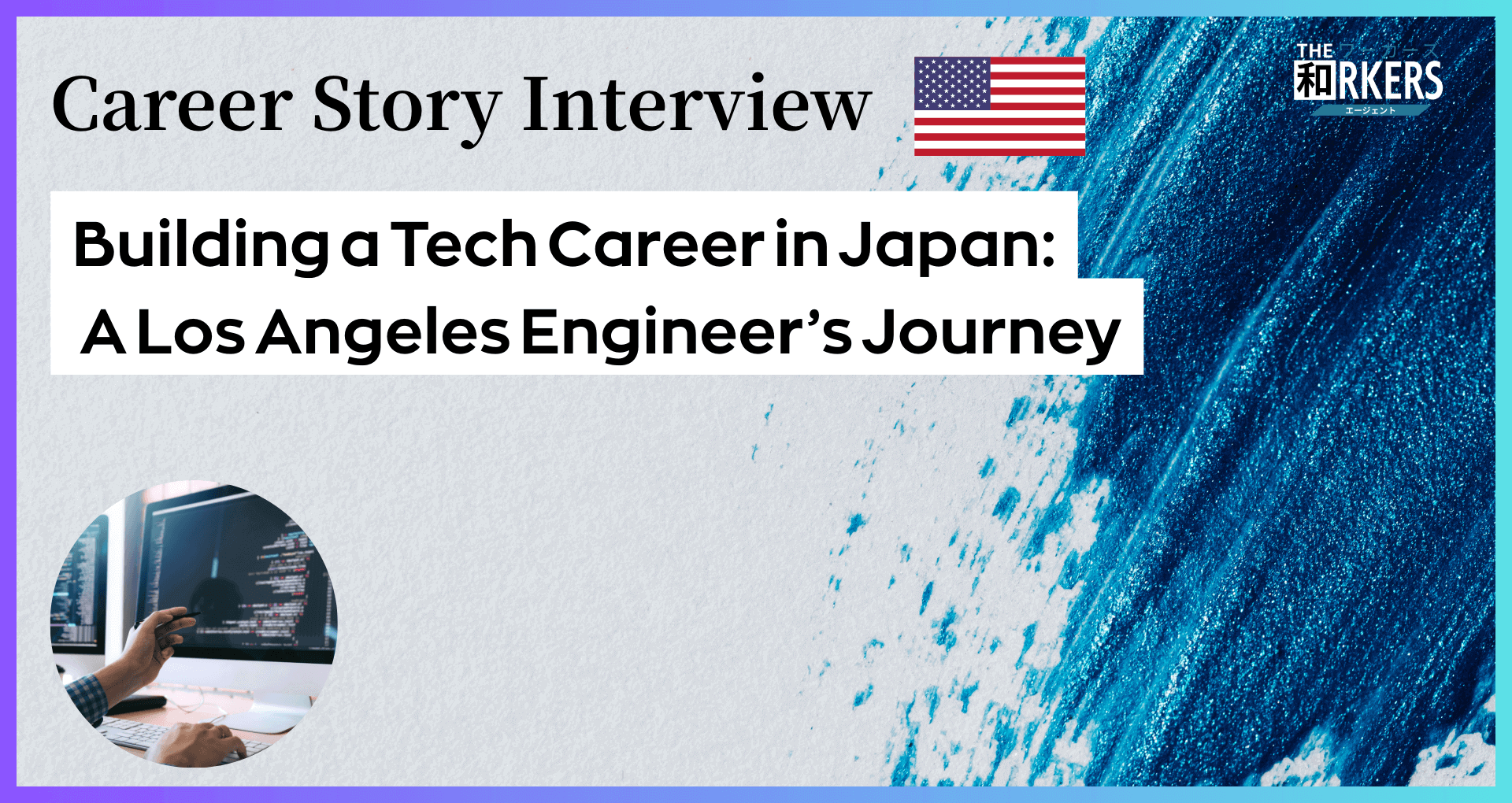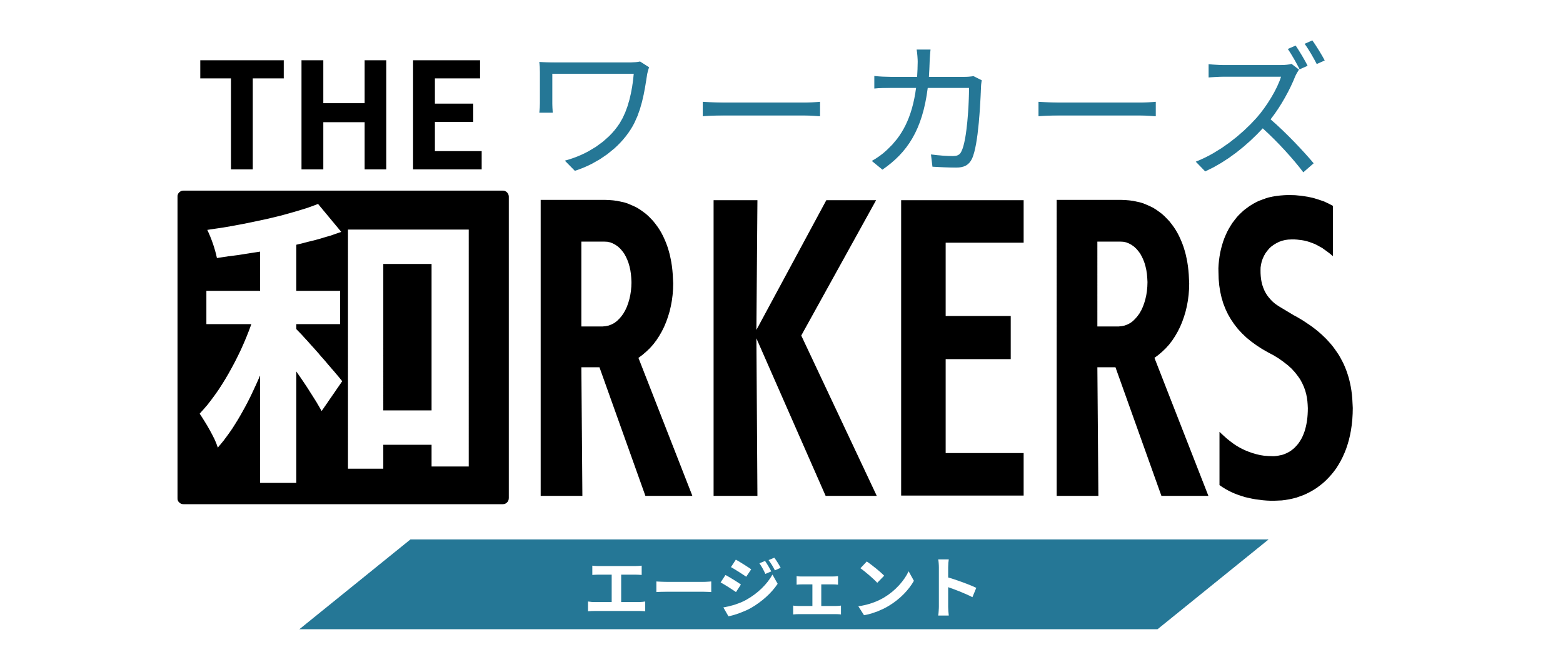Building a Tech Career in Japan: A Los Angeles Engineer’s Journey

Born and raised in Los Angeles, he pursued computer science driven by his passion for anime and games. Today, he works in Japan as a full-stack engineer.
Despite having only N3-level Japanese proficiency, he successfully secured a job in Japan. In this interview, he shares the realities of job hunting, the challenges and rewards of working across cultures, and what it truly takes for international tech talent to build a career in Japan.
A Career Rooted in Passion: From Anime and Games to Computer Science
— Could you tell us about your background and time at university?
Although my parents are originally from Hong Kong, I was born and raised in Los Angeles, California.
I studied Computer Science at the University of California, driven by a strong interest in game design—that passion was one of the main reasons I chose my major.
I was also fascinated by animation, so I decided to minor in Film.
During college, I joined a Computer Science student club and even co-founded a game design club with a friend.
I’ve always loved anime and games, and that naturally led me to develop an interest in Japanese culture. I actually wanted to study abroad in Japan, but at the time, I couldn’t find a program that matched my interest in computer science.
Instead, I ended up doing a short-term study program in Europe.
Starting Out in the U.S. and Growing as an Engineer
— Did you start working in Japan right after graduation?
No, my first job was actually in the U.S.
In America, internships are often essential before landing a full-time position. Fortunately, through a friend’s introduction, I was able to intern at the U.S. office of an aerospace company. After the internship, I was hired as a full-time employee and worked there for three years as part of the engineering team.
It was a great workplace, and I mainly worked as a back-end engineer, focusing on database development using PHP and other technologies.
A Quarter-Life Crisis and the Decision to Move to Japan
— What inspired you to come to Japan?
When I was 25, I experienced what you might call a “quarter-life crisis.” It led me to seriously reflect on my future and what I wanted out of life.
At the time, I was also frequently attending Japan-related events in the U.S., which only deepened my interest in the country. Eventually, I made the bold decision to move to Japan and applied to a language school there.
It just so happened that my enrollment coincided with the weeks right before the COVID-19 outbreak. Had I waited even a little longer, it might have been difficult to enter the country. Looking back, the timing was remarkably lucky.
How Personal Connections Led to Job Opportunities in Japan
— How did you find your first job in Japan?
I spent my first year in Japan focusing on settling in and improving my Japanese.
It wasn’t until my second year that I started seriously thinking about work. I’ve always enjoyed meeting new people, so I often went to various Meetup events. At one of those events, I met someone from a Japanese startup, which led to a part-time position as an engineer at their company.
Separately, I also got to know someone who was involved with a consumer-focused tech company. At the time, they happened to be looking for engineering help, and that connection led to another part-time opportunity.
— What was your Japanese level at the time?
At that point, I had passed the JLPT N3.
Working as a Full-Stack Engineer — What Drives Me Today
— Tell us about your current role and responsibilities.
I currently work as a software engineer at the same startup where I originally joined as a part-time developer.
When I joined full-time, the engineering team was still quite small, so I had the opportunity to take on a wide range of responsibilities—not just in back-end development, which I had prior experience in, but across different areas.
Over time, I picked up front-end skills as well, and now I work as a full-stack engineer.
During my job search, I was careful to avoid so-called “black companies” or workplaces with rigid, outdated expectations. I’m very happy with where I ended up—the culture is flexible, the values align with mine, and overall it’s been a great match.
Although I live in Tokyo, I work fully remotely, with occasional visits to our Tokyo office about once a month to catch up with the team in person.
— What do you find most rewarding about your current work?
Right now, I’m working on a mobile app that supports users of our consumer-facing product.
Some of my friends happen to be users, and when I tell them, “I worked on this feature,” I can get direct feedback. That real-time connection with end users makes the work feel especially meaningful.
Also, since I personally relate to the lifestyle our product supports, it’s fulfilling to contribute as an engineer to something I would actually use myself.
Language and Cultural Barriers — Daily Challenges and Small Wins
— What challenges have you faced while working in Japan?
The biggest challenge by far is communication, especially because of the language barrier.
For example, there was a time when I didn’t understand the Japanese term for “array” in a meeting and completely lost track of the conversation. Even now, I often join meetings with a translation app open to help me follow along.
There are also cultural differences that I’ve had to adjust to. In Japan, there tends to be a strong emphasis on details—even perfection—in the workplace.
While I really respect that mindset, it sometimes clashes with the value I place on speed and flexibility. At times, I’ve found myself a bit overwhelmed by how much attention is given to fine details.
— Have you noticed anything interesting or unique about working in Japan?
One thing I found really interesting is how people say “Thank you for the time off” when returning to work after a break or vacation.
At first, I was surprised—like, “You even thank people for that?” But I came to appreciate how polite and respectful it is.
In fact, after I recently took a day off, I tried it myself in a meeting and said, “Thank you for the time off!” (laughs)
That kind of courteous communication style is something you don’t see much in the U.S., and I think it’s one of the uniquely thoughtful aspects of Japanese work culture.
What It Takes to Grow Your Career as a Foreign Engineer in Japan
— What advice would you give to international IT professionals looking to build their careers in Japan?
For me, the most important thing is networking. Every job opportunity I’ve had so far came through referrals or personal connections.
That said, I don’t think you need to force yourself to build a network purely for business purposes.
When you connect with people naturally and build genuine relationships, opportunities can sometimes arise unexpectedly.
Those human connections can lead to new career paths in ways you never anticipated—so it’s important to stay true to yourself and remain open to others.
— Is there any kind of support you wish you had during your job search?
I think some of the career support services at Japanese language schools feel a bit outdated.
For example, it’s often said that you need at least JLPT N2 to work at a Japanese company—but I know someone who had N2 and still struggled to find the job they wanted. Meanwhile, I was able to land a position as an engineer with only N3.
The JLPT, for example, doesn’t really assess speaking ability—even though that’s a key part of the interview process. That’s why support like Japanese interview practice can be incredibly helpful in making non-native candidates feel more confident.
There are so many talented international engineers coming to Japan, and it’s a real shame when their potential is limited just because of language expectations.
— We couldn’t agree more. At our agency, we work with top tech companies in Japan that don’t require native-level Japanese as long as you have strong technical skills. We also offer hands-on support with Japanese interview practice and are actively working to raise awareness among employers to build more inclusive hiring practices.
\Software Engineers, IT Consultants, Data Scientists…/

Non-Japanese and aiming for a top-tier job in Japan?
Get in touch with THE 和RKERS Agent today.



Software Engineers,
IT Consultants,
Data Scientists…

Non-Japanese and aiming for a top-tier job in Japan?
Get in touch with THE 和RKERS Agent today.
